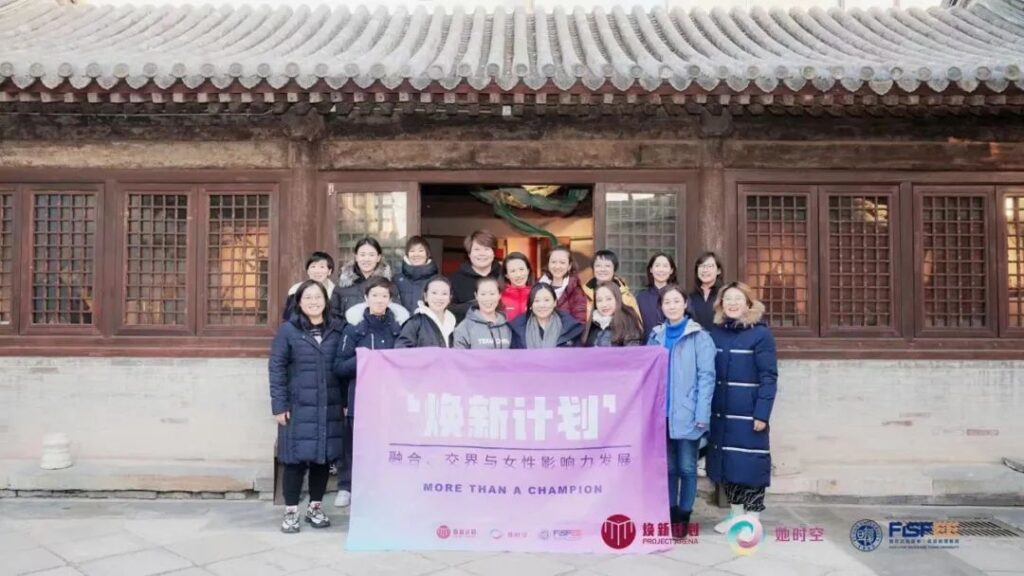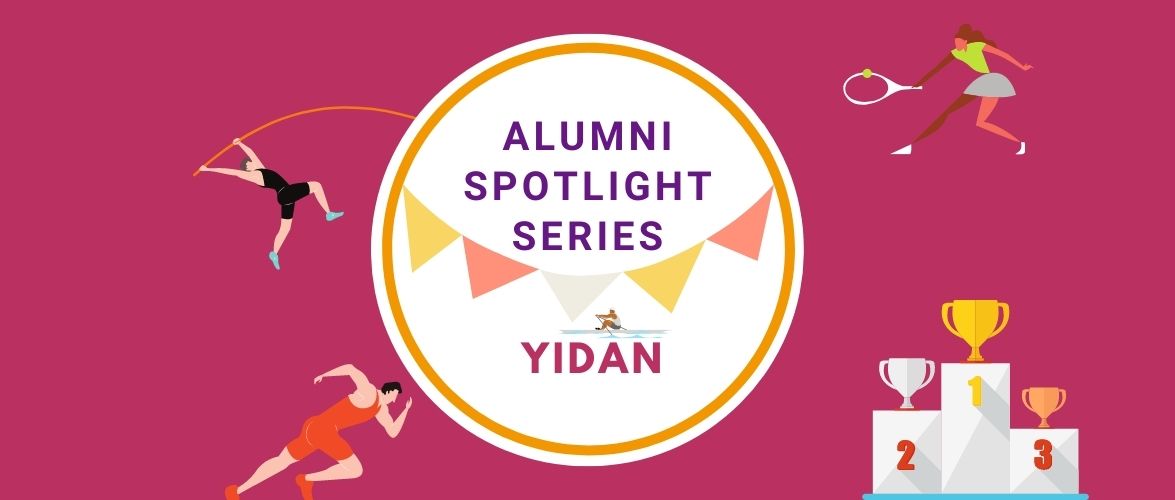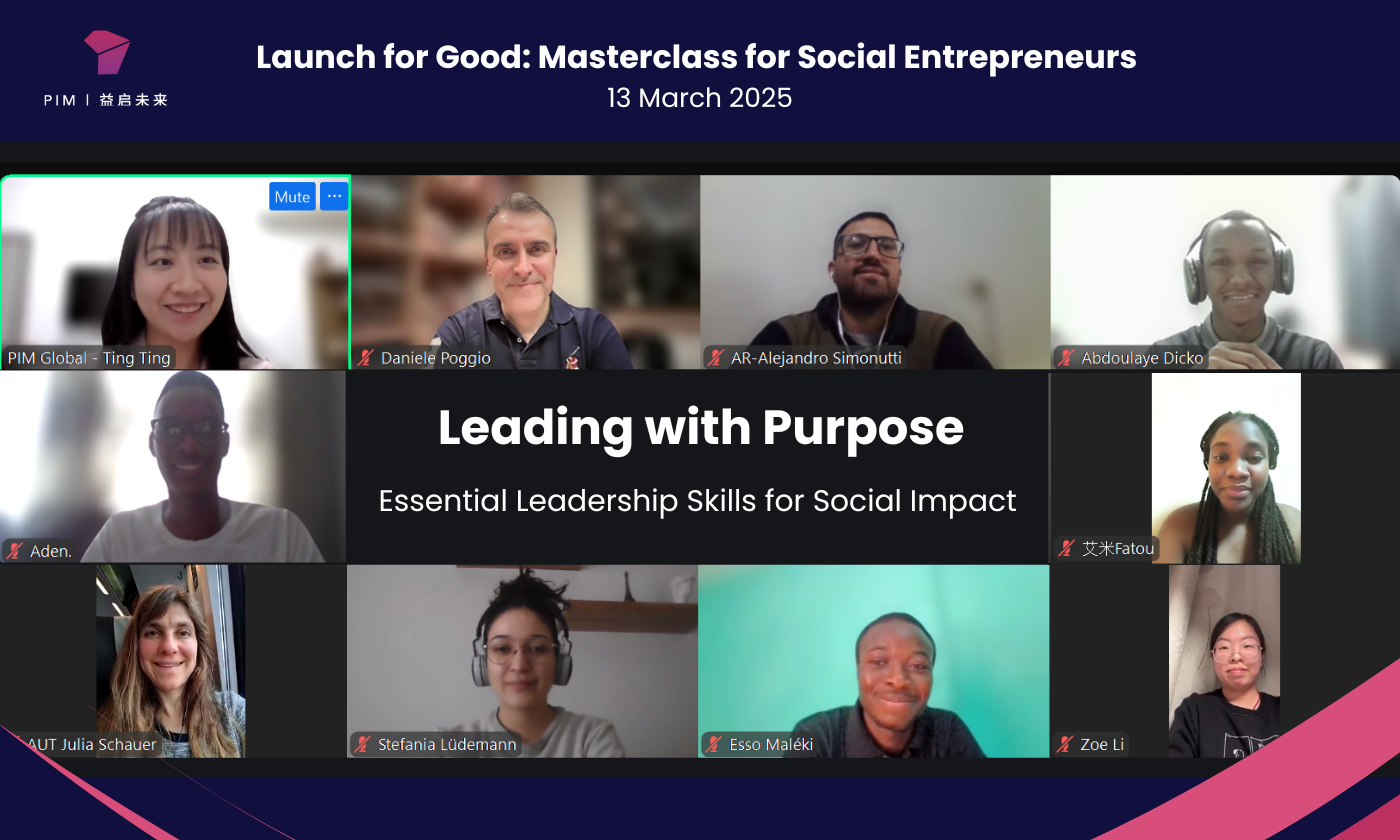The “Pimsters In Motion” Alumni Spotlight Series aims to showcase our outstanding alumni around the globe and the ways in which these young changemakers have dedicated their time to social innovation and social impact.
The 2022 Beijing Winter Olympics has come to an end, but the passion for snow sports and the spirit of Olympic athletes continue to inspire us in unimaginable ways. We applause for the glory of athletes, but what happens to the athletes, the warriors of our time, when the game is finally over? How do they cope with the transition? How do they find purpose, reclaim their identity, and work towards a vision of the future?
This month we feature Yidan, a 2019 Model Foundation Alumna who is committed to providing a platform that can help athletes unlock their full potential on and off the field. In 2019, Yidan launched Project Arena, a program tailored for high-level athletes who are facing the challenges of career transition and sustainable personal growth.

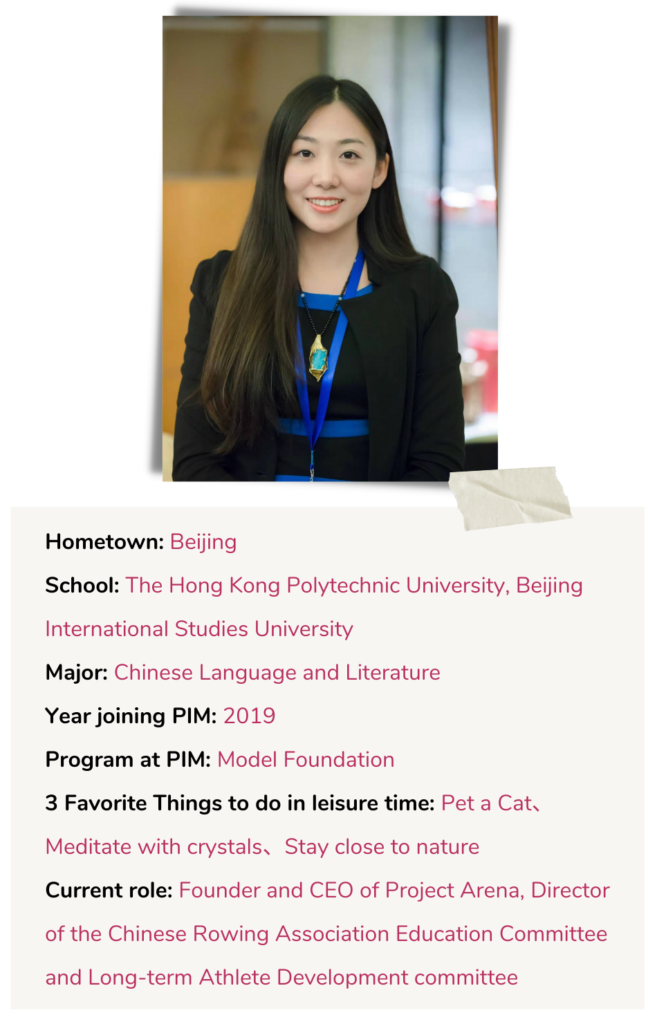

Q1: What has inspired you to create projects for athletes?
At the end of 2017, there was a “start-up fever” in Beijing. I always heard people talking about all kinds of business ideas when I was at Tsinghua. At that time, I never thought of starting a business myself. I only wanted to stay in the college and considered designing educational projects for students as my long-term career. However, since my husband works in the sports industry and loves sports as much as I love education, he taught me a lot about sports industry and constantly talked about how the industry was developing rapidly in China. That was my only connection to the sports industry.
Once, when we were having a casual chat with a friend, my husband raised up an idea: he believed that the development of athlete education in our country is extremely imbalanced. Within the national sport system, the government provides resources and funding to train athletes from a young age to become high-performance competitors. Though athletes are well supported to excel in their sport, during their years of intense physical training, athletes generally receive little to no formal education to prepare them for life outside of sport. Due to their relatively poor social and job skills such as document processing and workplace communication, they may lack self-confidence, encounter many challenges in the process of reemployment, and even feel disconnected from the society. Therefore, he believed that an innovative education for athletes that can balance both sports training and formal education must be the future. At that moment, I was struck by his words. As an educator, I couldn’t help imaging the ideal education for athletes that he envisioned.
Since then, I have been constantly thinking about the sustainable development of athletes’ talents. I thought it would be particularly meaningful to find an effective solution to solve this issue.
As teenagers, athletes spend a lot of time and energy on training while forgoing valuable learning opportunities off the field. The issue of reemployment after retirement is not only related to the personal happiness of athletes, but also to the effective supply of talent resources in the competitive sports industry. As an educator, we always have to take the responsibility of education equality as our own responsibility, to provide better development opportunities for the students we want to support, not just to serve a specific group of people. So in 2018 summer, I decided to resign from the school and started to chat with many people with the goal of helping athletes plan for life after sports and find purpose again.
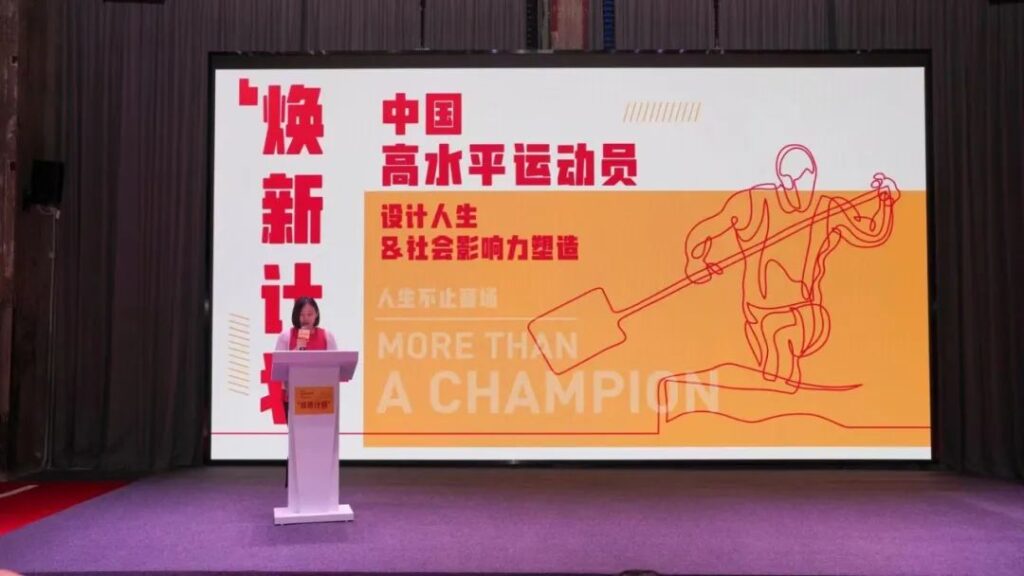

Q2: What makes Project Arena different from other programs for athletes?
Back then, there were also some other nonprofit organizations in the market that were offering training for athletes, but their idea was to provide athletes practical skills training such as coaching certificates. However, I always believe in a saying that “give a man a fish and you feed him for a day; teach a man to fish and you feed him for a lifetime.”
Therefore, when I was designing this program, I preferred using the power of education to inspire athletes, give them confidence, and help them build an intrinsic motivation to learn. When we ignite their inner flames of self-discovery, they will become self-propelled to learn and move beyond. There are so many free and open resources for them to learn about any specific skill, but the problem is how to ignite the flames within them.
When athletes’ careers start to wind down, the change in their social identity can bring about tremendous confusion and anxiety. During this process, helping athletes recognize the possibilities and challenges offered by the present moment and embrace them with courage and faith is much more important to me.

Q3:What is your vision for Project Arena?
Not only athletes but also all of us will face a turning point sometime in our lives. This is the beginning of another journey. It should not be a gloomy image, but a blissful new life journey. So I hope Project Arena can let them know that starting a new journey in life is something that is very happy and worth exploring. Even if you have encountered setbacks or unreliable people throughout this process, it is still a great new journey in life. Project Arena is where they can take a breath, relax, and empty themselves before they can find their inner strength. It’s a bit like a refresh break in the middle of a meeting, eat something, we take a break, and then come back with a brand-new courage and energy.
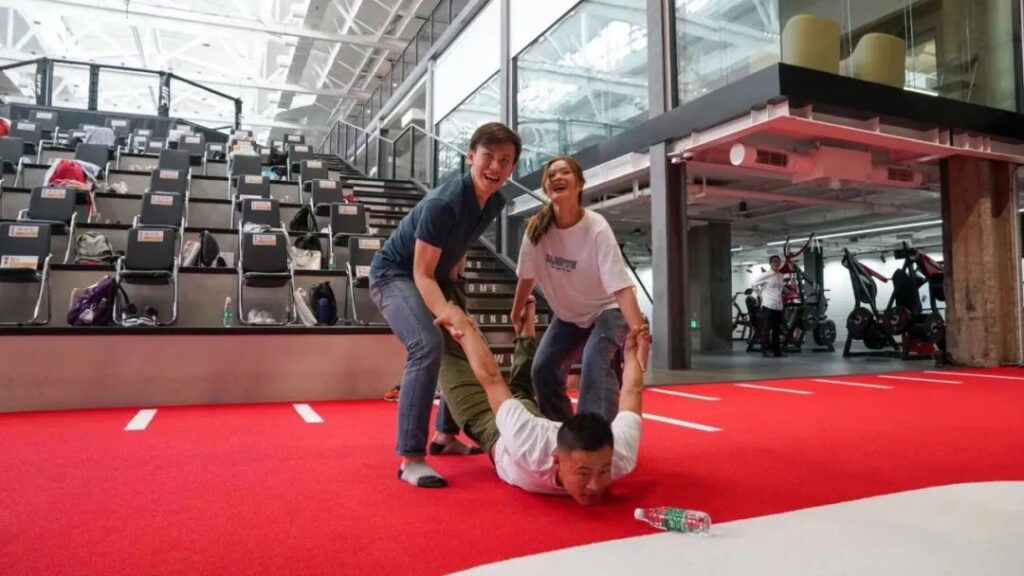

Q4: What is your view on the athlete’s community in China?
After Project Arena became successful, many people came to congratulate me and expressed their generous support. However, when I was in the “from zero to one” stage, very few people had a optimistic view on it. I remembered that there was a girl once talked to me, saying “There is no future for this project because athlete’s ways of thinking are so different from ours. It is useless of you to try to teach them when they are already adults and can barely change their mindsets.” I was a little angry hearing her words at the time and I was also shocked to receive such stereotypical view of athletes from a person who has received higher education. As an educator, my intuition was that athletes should be better students because being involved in sports can make them healthier both physically and mentally. If there is such a situation that they can’t learn, there must be something else wrong about it. That unpleasant conversation strengthened my determination to create Project Arena.
I remember I had a sleepless night before the first recruitment post was sent out. I have been preparing this for so long, but what if the athlete does not care at all?
It turned out that my worries were unnecessary. The first day after the recruitment post was sent out, I was answering the calls from morning to night. A lot of people were calling to inquire about what kind of program it is and how they can get involved. We finally reached 10,000 readings and more than 500 people signed up. I was relieved that night because I knew that at least athletes resonated with Projects Arena’s mission and found it beneficial for them.
In my opinion, athletes are a group of people with a great sense of value and energy. I hope to show more of their shining sides to the public. People will have a new understanding of this group and be willing to give them more opportunities and resources.

Q5: How did you get connected with PIM during your entrepreneurial journey?
At the beginning, I wanted to make Project Arena a self-profitable business. However, after research, I found that athletes’ willingness and their ability to pay for this type of education did not match. I don’t want to design a program just for champion athletes. It should include athletes who are equally good despite of financial difficulty.
At that time, a friend suggested to me that I could make it a nonprofit program, so that I could cooperate with the foundations and gain more resources. Since I have never designed a nonprofit education project in my past professional path, I decided to learn something, which led me to PIM.
I participated in the 2019 Model Foundation, and my peers all had the idea of solving a larger social problem, such as sustainable fishery and smart agriculture. I think I was very focused. I wanted to solve the social problems of the difficulty of the sustainable development of athletes with a social enterprise model or nonprofit model. So, after the Model Foundation, I started the fundraising process. After contacting 50 companies and dozens of universities, we were finally able to convince three companies to sponsor, two universities to collaborate with, and an official sport association to support us. From design to research to implementation, the entire development and incubation time took more than 10 months, just like a pregnancy cycle. If I hadn’t participated in the Model Foundation, I wouldn’t have made up my mind to make Project Arena a nonprofit program, and many things in the future may also change. Therefore, each of us, just like athletes, need to have good educational programs to help us cope with the transition in our career development.

Q6: What are some of the new directions that you would like to explore in 2022?
Since its inception, the number of our athlete community has grown to 500 people today. This year, I hope to create more opportunities that can really help them with their career development, including resume revision and recommendation, 1-on-1 career development consultation, business resources, etc. I hope to provide more practical and down-to-earth career services that can improve their quality of life and progress their careers.
